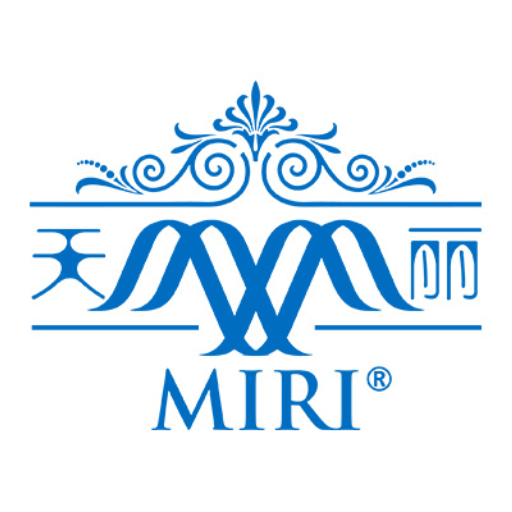Understanding Menopause: Symptoms, Solutions, and Natural Support for Women
Menopause is a natural biological process that every woman experiences as she transitions out of her reproductive years. While it marks the end of menstruation and fertility, menopause brings significant hormonal changes that can affect physical health, emotional well-being, and overall quality of life. Understanding this transition and knowing how to manage symptoms naturally can help women embrace this phase with confidence and vitality.
What Is Menopause?
Menopause typically occurs between the ages of 45 and 55, with the average age being 51. It is diagnosed after a woman has gone 12 consecutive months without a menstrual period. The years leading up to menopause, known as perimenopause, involve fluctuating hormone levels—particularly estrogen and progesterone—which cause many of the symptoms women associate with this transition. Learn more about the phases of menopause in our blog post on Understanding Menopause: Symptoms, Phases, and Natural Support.
Common Symptoms of Menopause
Every woman’s experience with menopause is unique, but some of the most common symptoms include:
- Hot flashes & night sweats: Sudden feelings of intense heat, often accompanied by sweating.
- Mood swings & emotional changes: Hormonal shifts can lead to irritability, anxiety, or mild depression.
- Sleep disturbances: Night sweats and hormonal fluctuations may cause insomnia or restless sleep.
- Vaginal dryness: Lower estrogen levels can lead to discomfort during intercourse.
- Weight gain: Metabolism slows, and fat distribution may shift to the abdomen.
- Bone density loss: Declining estrogen increases the risk of osteoporosis.
For a deeper dive into symptoms and self-care strategies, see our article on Menopause and Self-Care: Nurturing Body and Mind.
Natural Ways to Manage Menopause
While hormone replacement therapy (HRT) is an option, many women prefer natural approaches to easing menopause symptoms. Here are some effective methods:
1. Phytoestrogen-Rich Diet
Foods like soy, flaxseeds, and legumes contain phytoestrogens—plant-based compounds that mimic estrogen and help balance hormones. Supplements like Miri Feminine Essence are also formulated with natural herbs, including Pueraria Mirifica, which may help ease hot flashes and support hormonal balance.
2. Regular Exercise
Physical activity helps maintain a healthy weight, strengthens bones, and improves mood. Yoga and strength training are particularly beneficial for reducing stress and increasing flexibility.
3. Stress Management
Practices like meditation, deep breathing, and mindfulness can help reduce anxiety and mood swings associated with hormonal changes.
4. Skin and Bone Support
Collagen production declines with age, leading to drier skin and weaker joints. Miri Collagen Protein can help support skin elasticity and joint health, keeping you feeling and looking youthful.
5. Herbal Remedies
Black cohosh, red clover, and maca root are commonly used herbs to alleviate hot flashes and fatigue. If you’re looking for a comprehensive herbal solution, Herbal Remedies for Menopause Symptoms explores safe and effective options.
Embracing Menopause with Confidence
Menopause is not just an end to fertility—it’s a new chapter of life that can be embraced with the right knowledge and support. By understanding symptoms and utilizing natural solutions, women can navigate this transition smoothly. For more insights on thriving during menopause, read our guide on Embracing Menopause: A Guide to Holistic Wellness.
Listen to your body, prioritize self-care, and explore natural supplements to support hormonal balance and overall well-being during this transformative phase.
